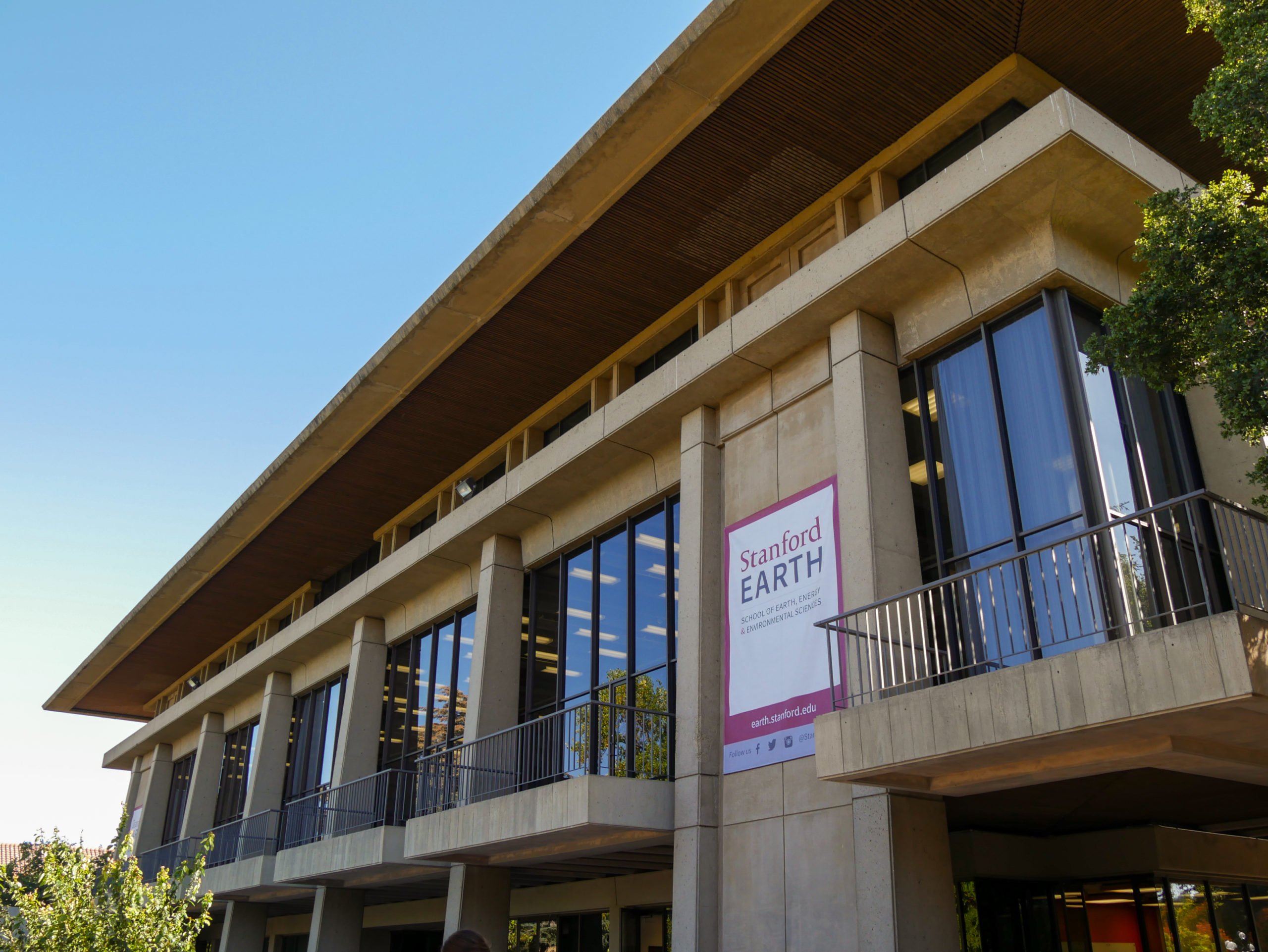The Earth Systems Program will offer a new Environmental Justice (EJ) minor beginning this year, announced Earth Systems Deputy Director Richard Nevle in a press release on Sept. 14.
The new minor is designed to provide students with “opportunities to study how and why environmental inequities occur, and learn from community-led efforts to redress these inequities,” Nevle wrote. The new minor comes after nearly six years of collaboration between students, faculty and activist communities. Student advocates, faculty and staff at Stanford’s Environmental Justice Working Group played a key role in the formation of the minor, according to the press release.
As part of the minor, students will begin by taking an introductory environmental justice course to gain insight into the overarching ways in which “race, class, and gender have shaped environmental battles being fought today,” according to the course description.
Students will also take classes in three different subject areas, or “streams.” The first stream includes coursework that teaches students about the history of socio-environmental movements. The second stream revolves around ethical frameworks, and students will learn the theory behind creating morally conscious solutions to environmental justice issues. The third stream focuses on the real-world implementation of environmental justice principles through advocacy training and collaboration with communities impacted by environmental injustices. After fulfilling these requirements, students will be eligible for the Cardinal Service Notation, which is a formal recognition of their commitment to public service that will appear on their transcript.
The minor is meant to bring together people who care about environmental justice on Stanford’s campus and combine technical solutions with policy considerations, historic context and public service, according to Dr. Emily Polk, Advanced Lecturer in the Program in Writing and Rhetoric.
“If you’re an English major, a CS major and earth systems major, you can take these skills and use them in any job you have,” Polk said. “So that’s what I think for me is what’s so exciting about this minor is how relevant and applicable it is, to all students because of the skills that we focus on.”
Outside of teaching students important skills, the minor also gives students the chance to consider “how we give back to communities when we partner, and also how we respect autonomy, which is extremely important,” said Earth Systems Research Scientist and co-lead of the Stanford Environmental Justice Working Group Dr. Sibyl Diver. The focus on community engagement and environmental justice theory is meant to prepare students to engage in more responsible community engagement, according to Diver.
Many students, including Earth Systems major and member of the Environmental Justice Working Group Keoni Quon Rodriguez ’22 MA ’23, are excited about the minor’s interdisciplinary nature.
“You can’t separate human systems of oppression and justice from the environmental impact that humans have,” Rodriguez said. “As Stanford looks to be an innovator in the space of environmental sciences, we have to do the same for environmental justice.”
Another benefit of the new minor is that students can become a part of the supportive, close-knit group of faculty and staff. Within the Earth Systems Program, “there are always people looking out for you and it’s a very collaborative space,” said Earth Systems major Kavya Varkey ’24.
The new minor is paving the way for a larger Environmental Justice presence at Stanford in the future. In the fall of 2022, Stanford will be opening a new school for the study of climate and sustainability. This effort is intended to position Stanford at the forefront of climate change research. Nevle hopes the Environmental Justice minor is just the start of a new movement.
“[The Environmental Justice minor] provides a way for beginning to create a home for what I hope will be a larger cohort of faculty who are engaged with environmental justice,” he said.
